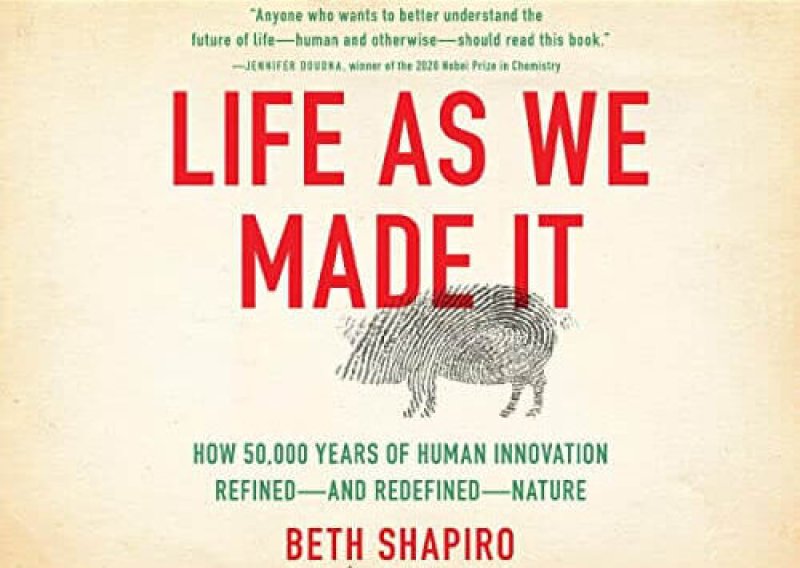Life as We Made It by Beth Shapiro, an exploration of biotechnology, human evolution and our significant and often unwelcome impact on the planet, casts doubt on whether “natural” is always best, or indeed whether there is such a thing as “natural” – understood as a pristine sphere untouched by human activity.
People often baulk at the idea of deliberately intervening in nature, but biotechnology is nothing new, argues Shapiro, an evolutionary paleobiologist at the University of California.
Ensuring a livable future – for flora and fauna, as well as humans – is not a matter of retreating from nature, but of shaping it intelligently and deliberately with our “increasingly advanced technologies”.
“We cannot step back and allow species to evolve along their prehuman trajectories,” writes Shapiro. “We are too embedded, our technologies too advanced, our population too large to disentangle ourselves.”
Shapiro does not moralise or pretend that she – or biotechnology – holds all the answers. But she is clear that humanity, the climate and biodiversity are facing unprecedented challenges and that we need to think clearly and critically about potential solutions, and not reject them reflexively out of fear or revulsion at the prospect of meddling with nature.































